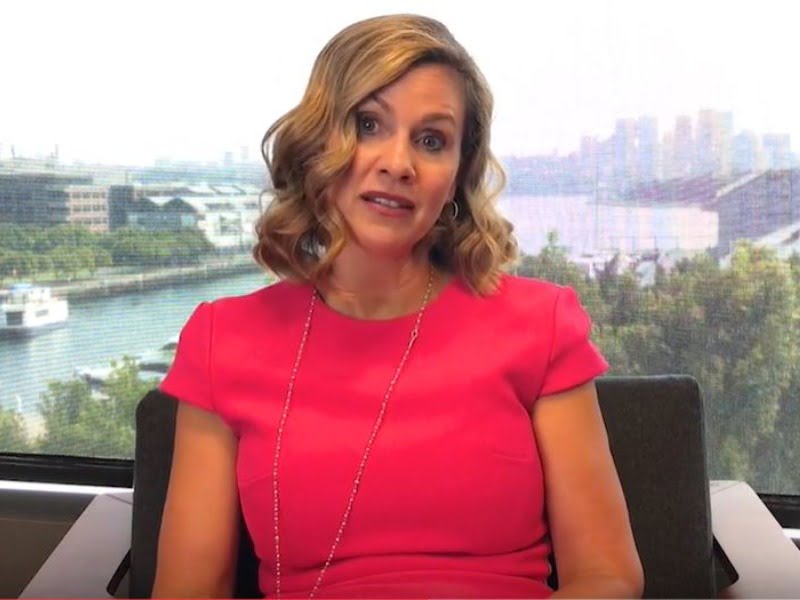The eSafety Commissioner has slammed the federal government’s so-called “anti-trolling” bill, saying it conflates several issues, has stirred confusion and oversimplifies important issues.
eSafety Commissioner Julie Inman Grant appeared before a Senate inquiry into the Social Media (Anti-Trolling) Bill on Thursday morning, raising a series of concerns around the legislation, including that it “creates public expectations that cannot be met by any government agency”.

The bill provides a “new novel framework to allow Australians to respond to defamatory content posted on social media”, introducing a pathway for people who believe they have been defamed by a social media comment to apply to identify the anonymous poster.
The bill also reverses the High Court’s Voller decision, making administrators of social media pages no longer liable for third party comments, and giving social media giants partial exemption from liability if they have adequate complaints schemes in place.
The name of the bill has proved especially controversial, with Department representatives confirming it has nothing to do with online safety or “trolling”, with the term troll not appearing anywhere in the actual legislation.
Ms Inman Grant echoed these concerns when addressing the Senators, saying the bill conflates serious online abuse with defamation, and has confused the general public.
The eSafety Commissioner’s new powers under the Online Safety Act came into effect earlier this year, and the office has already receive about 500 complaints regarding adult online cyber abuse.
But nearly a third of these relate to defamatory content, something which is outside of the Commissioner’s remit.
The government’s legislation will further this confusion relating to online abuse and defamation.
“Conflating defamation with trolling is mixing apples with oranges, [and] the catch-all term of trolling trivialises legitimate online abuse – you can troll endlessly without defaming someone,” Ms Inman Grant said.
“If it’s named in accordance with what it’s intended to do, that might minimise the confusion.”
Coalition Senators tried to emphasis the new complaints schemes that social media firms will be forced to have in place to avoid liability for defamatory content.
But the eSafety Commissioner said this process needs to be overhauled, and in its current form would not be effective and may actually make Australians more unsafe.
“It is very unlikely that anyone who is relentlessly targeting another individual is going to give consent to provide their personal information to the victim they’re targeting,” Ms Inman Grant said.
“There needs to be an understanding that at the moment there are billions of social media accounts that don’t have any identity information tied to them, so that the ability to unmask the trolls and give that to an individual who may be in a long-running dispute with them, is in my mind not very safe.
“This kind of sensitive subscriber information should be provided to law enforcement, designated regulatory bodies or defamation lawyers, not to individuals.”
The eSafety Commissioner’s submission to the inquiry provided more details around her office’s many concerns with the legislation.
The requirement that information be made available to complainants by social media companies through a complaints scheme would lead to much more personal information being collected, the Commissioner said.
“Accessing the conditional defence to defamation under the draft bill is likely to require a significant expansion of the services’ current practices for the collection and verification of Australian users’ information,” the submission said.
“It is not presently clear to us that industry has the capability to collect and hold large amounts of personal information in a private and secure manner.”
Social media companies will need to be able to provide a commenter’s name, email address and phone number, but there are already billions of accounts created, many of which haven’t provided this data.
“As a consequence, it appears to eSafety that social media service providers would be incentivised to take steps to retroactively collect and validate the relevant contact details for all of their existing Australian users, in case those users end up engaging in defamation in the future, if they wish to access the conditional defence from defamation liability,” Ms Inman Grant said in the submission.
The Senate committee is due to report back on the bill on 24 March.
Do you know more? Contact James Riley via Email.

